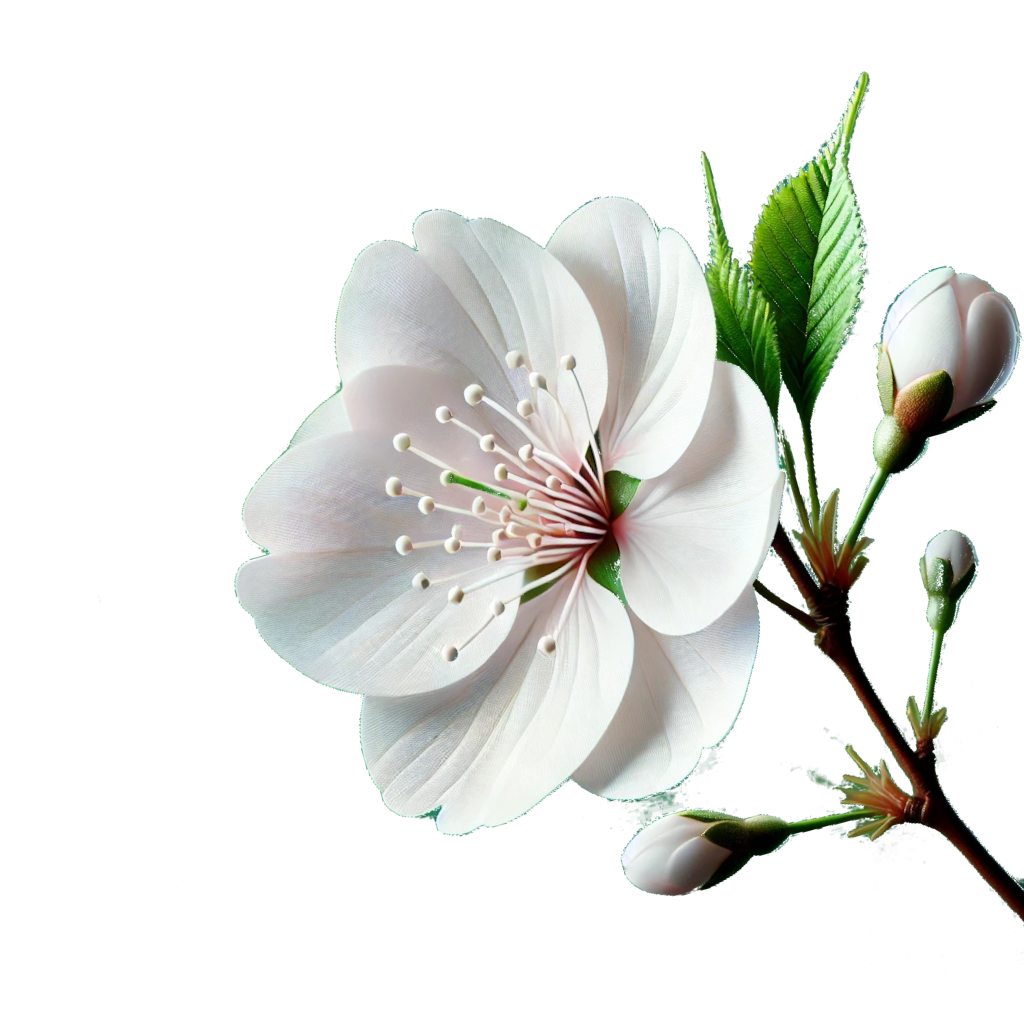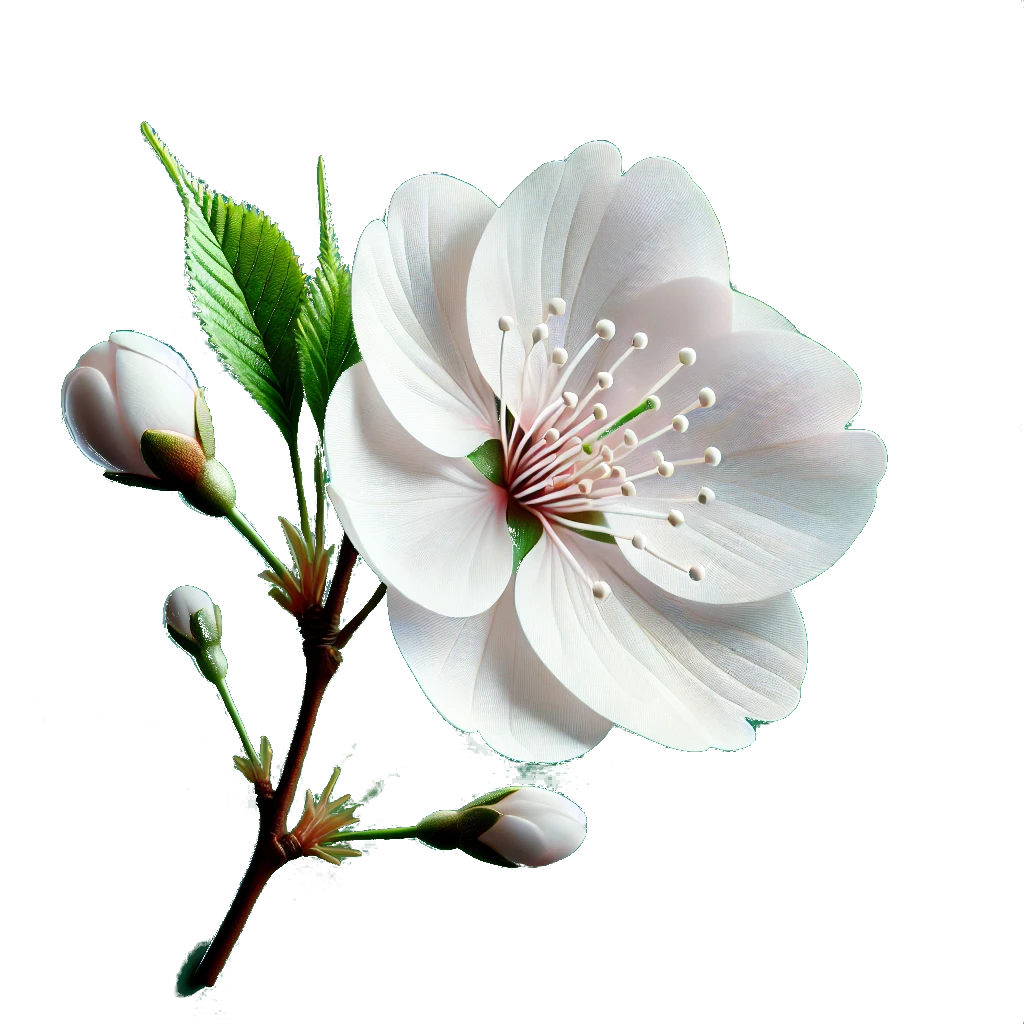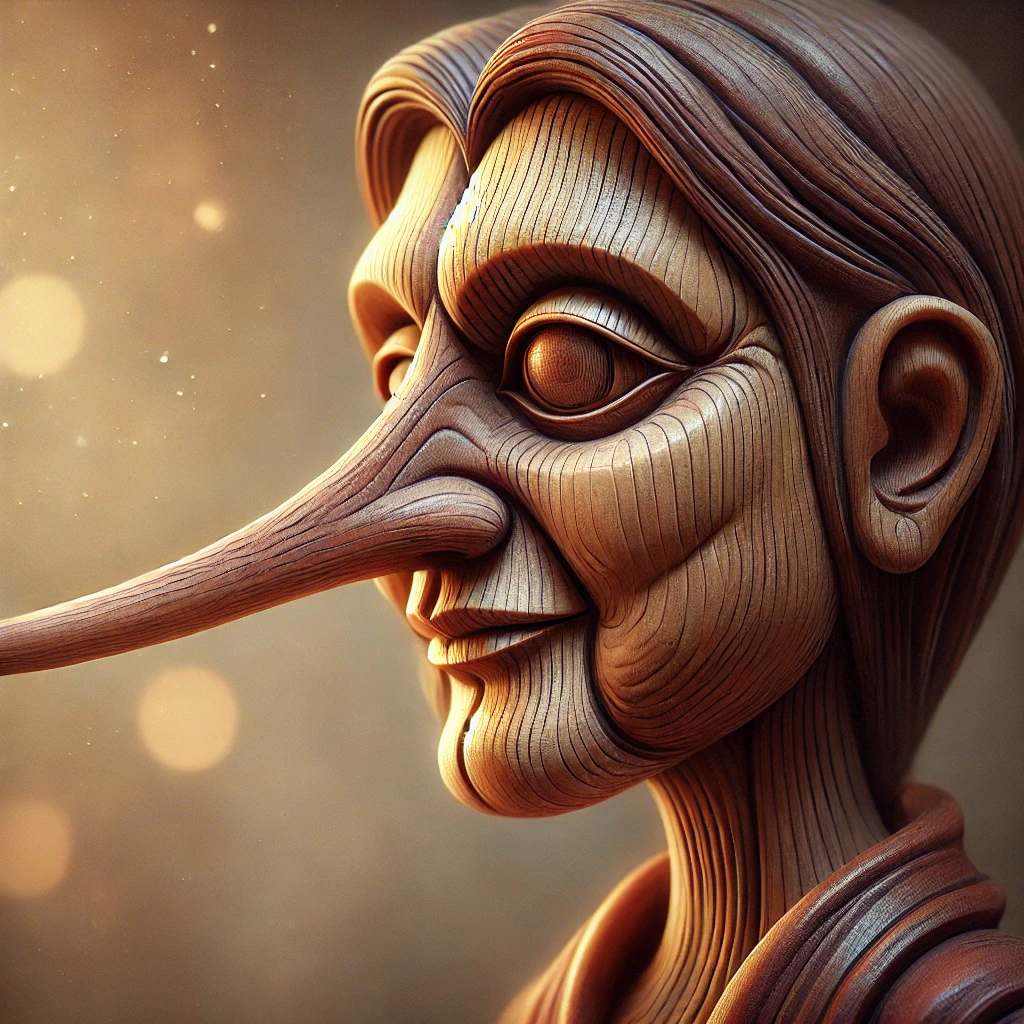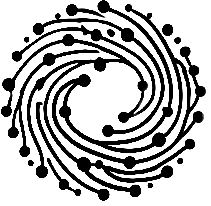

The truth is in the details
Hello! I am Gaby
I focus on the details (continuously)
I am happy (usually)
I am alive (temporarily)
I love trying to understand the world and how we humans are. Making videos, writing... whatever.


Truth?
Type
Vídeo
Data
03/07/2009
Temes
truth
What is truth?
Can we claim to know the truth about something?
Whenever we talk about truth, we talk about our own truth, and many times it is someone else's truth that we adopt as our own without verifying it.
How many people in the world drink orange juice because it is said to be high in vitamin C? Yet a kiwi has much more vitamin C than an orange.
How many people in the world drink orange juice to cure or prevent a cold? And it is not proven that orange juice cures a cold.
How many people believe that spinach has a lot of iron? And it does not have much, more or less like the rest of the vegetables.
How many people believe that before Christopher Columbus everyone thought that the Earth was flat? And the vast majority of humanity already accepted, even before Christ, that the Earth was round.
How many people think that nowadays people do not read as much as before? It has been less than 100 years since the majority of the population learned to read… The concept of before should be very short. Where are the sales statistics of the last 40 years, for example?
How many people believe that today’s youth are worse than their parents were when they were young? Since the time of Socrates it was said that youth were lost and that the world was not going well.
How many people think that it is better to see the glass as half full? And, on the contrary, we will see it as half full if it was previously empty and as half empty if it was previously full. Therefore, everyone will see it one way or another depending on their deduction of the container’s previous state, not because they are pessimistic or optimistic.
We could continue ad infinitum and would end up dismantling much of the conventions, rituals, customs and beliefs that human beings have. We need rules to know what to do, what to think and to be able to build something solid in our brain… regardless of whether it is an absolute truth or not.
Absolute truth, or at least the testing of our beliefs with reason, our own and that of others, requires an effort that we cannot afford, neither in time nor, many times, in will. Or if we test it, it will simply be in one specific area.
But our brain, regardless of objective truth, needs to build its world on something… whether they are truths or lies. The point is to accept “truths” to gradually construct our “virtual” world.
Like religion, which has been a true self-service of “truths” for humanity, and this is one of the reasons for its success.
We are lucky with science, which has given us truths that we accept as certain, otherwise we would still be believing in things from our ancestors that now seem ridiculous.
Living a life in which you can constantly question the world is difficult, and our brain is designed to survive, not to constantly question things—unless we really make the effort.
